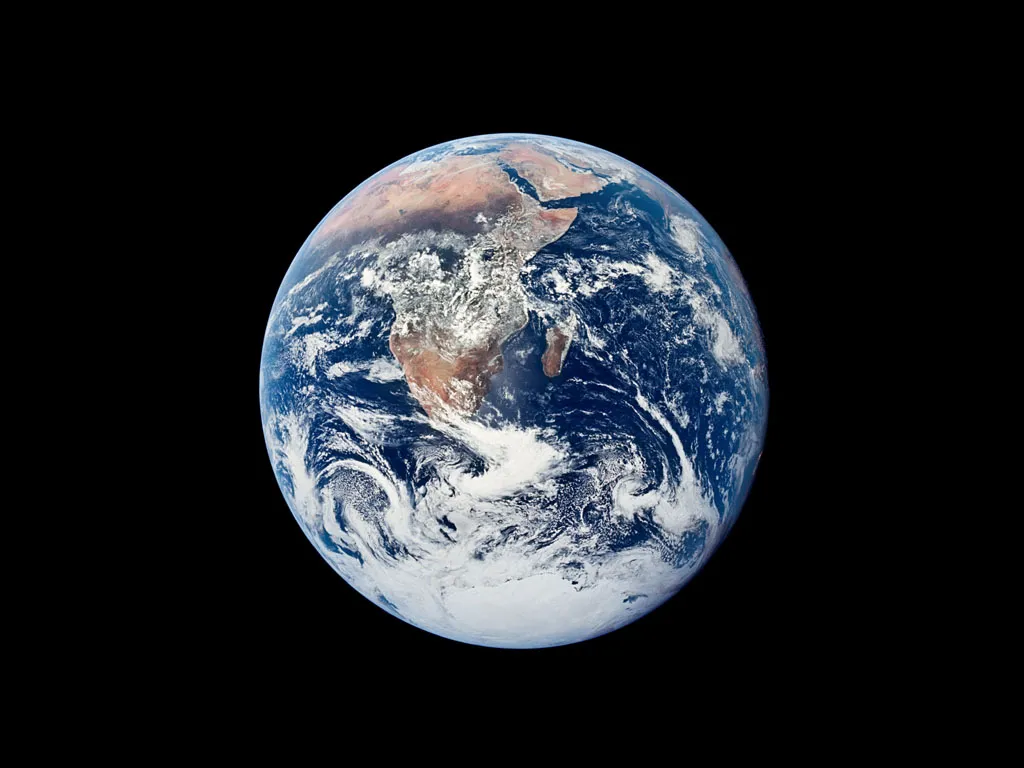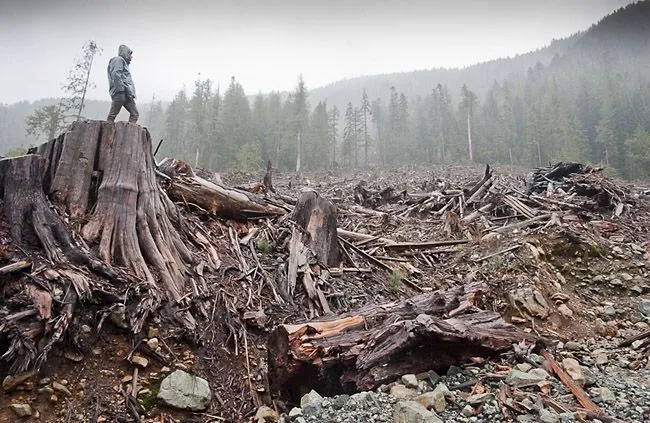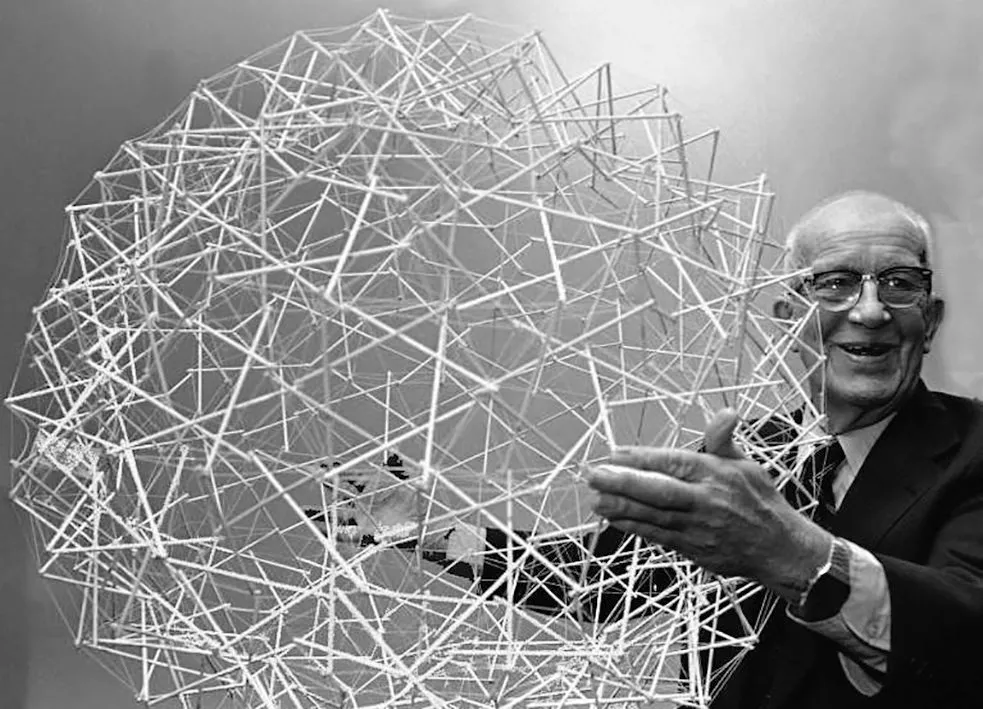
They make a killing. Our current economy is based on an extractive model that exploits people, land, and life for profit. Yes, some of us have more stuff, and more choices about what to do with our lives. But most don't. And we are depleting the resources we depend upon.
795 million people were chronically undernourished from 2014-6-- 1 in 9 people in our planet.(1) Productive land three times the size of Switzerland is degraded each year while areas restored to productivity are far less.(2) Each year, 10,000 species go extinct- a rate between 1,000 and 10,000 times higher than the natural extinction rate.(3). And yet the 10 richest individuals own $505 billion in combined wealth- more than the value of the total goods and services most nations produce on an annual basis.(4)
Though the economy is not working for most of life, the economy is working. What we are seeing, "business as usual," is the consequence of structural features the global economy is built on, like how our money is created, from thin air... with debt and interest attached. That interest has to come from somewhere. But where? Again, Exploitation.

As we all know, we cannot continue to grow like this. Our planet simply will not support it. But is this just the way things are? Is there really enough to go around?
I firmly believe that yes, there is enough go around. I can see a world where everybody's needs are met, and nobody is left behind. Can you?
What is the economy?
Etymologically, the word "economy" comes from the Greek words oikos and nomos, combined for taking care of home. "Home" has, at different times and places, meant different things to different people. In our age we know we must see "home" as our entire planet if we are to have a livable future.
In another sense, the economy is a measure of what we value as individuals, as peoples, as a species.
Perhaps the broadest definition of economy is the system of all of the various strategies for meeting our needs and wants. Think about that for a minute. How do we get our needs and wants met?
What do you imagine when you imagine the word "economy?" It's abstract, I know, but try to take a minute to picture the economy. Here's an example of what the internet thinks the economy is.

Did that picture help? Probably not, as it invokes tropes that do not nearly adequately describe the economy.
When you imagined the economy, did you think of mothers? Mothers whose work of child rearing is the foundation of children's health and wellbeing, the foundation of our collective future? Mothering is often unpaid and unrecognized, and it is easily one of if not the most important source of wellbeing globally.
Did you think of friendship, or family? Or other ways needs and wants are met that do not involve money transactions?
These are just brief examples of ways we take care of home and each other that are not traditionally thought of in economics, and to disastrous effect. The economy we have now is built on a set of very narrow-minded assumptions and structures that perpetuate systems of exploitation.
If you want to dig deeper into how that came to be, I really like the book Doughnut Economics for understanding and unpacking the history of our economic system - and what we can change.
Clearly, what we need is an economy that benefits all of life, not just a privileged few. One that is radically different from the one we currently know, that seeks to turn around inequalities of wealth and power from the ground up - and to regenerate the Earth meanwhile. We're going to have to replace "business as usual" with systems that will actually work for all life. As Buckminster Fuller said,
“You never change things by fighting the existing reality. To change something, build a new model that makes the existing model obsolete.”

Why call it the "next" economy?
Some call it "the solidarity economy," which I personally really like, but some shy away from because of its political connotations. Others call it the "new" economy, which is not quite right because much of the inspiration for the next economy draws on examples from other societies in human history, practices of exchange and relating to indigenous groups, or anti-usury principles that can be found in Islamic finance.
Paradoxical though it may seem, the "next" economy is, in some ways already here. There are already examples of regenerative enterprise that work for the benefit of all life. There are examples of getting what we want in ways that uplift each other, rather than put each other down. We just need more of them. Can you think of any?
Perhaps most importantly, the "next" economy is simply a successor. We are all learning, and we have a loooong way to go. As an introduction, let's try opening our hearts with some more imagination:
What would it look like for you to get everything you needed and wanted in ways that completely took care of our shared home, the Earth?
What would it look like if this were available to everyone?
These are some of the questions I am wrestling with as I try to understand how I can best be of service to the next economy. I've committed my money, time and energy to diving deep into these topics with a community of learners supported by the LIFT economy team. Much of the framing I've shared in this article is thanks to LIFT, and to my fellow learners.
I write not only to reflect and deepen my own learning, but also to share it with you all - the ideas, the inspiration, the sense of power and possibility we all have access to. I hope it's been interesting and inspiring.
What do you think? Are there inspiring examples of the next economy that you can think of? In my next post, I share about a massive solution we take for granted, and its radical underpinnings and implications.
~Jared
Sources
all images from the public domain, found with creative commons
- https://www.worldhunger.org/2015-world-hunger-and-poverty-facts-and-statistics/#hunger-number
- https://www.reuters.com/article/us-energy-desertification/world-urged-to-stop-net-desertification-by-2030-idUSTRE75D3YZ20110614
- http://wwf.panda.org/about_our_earth/biodiversity/biodiversity/
- https://inequality.org/facts/global-inequality/